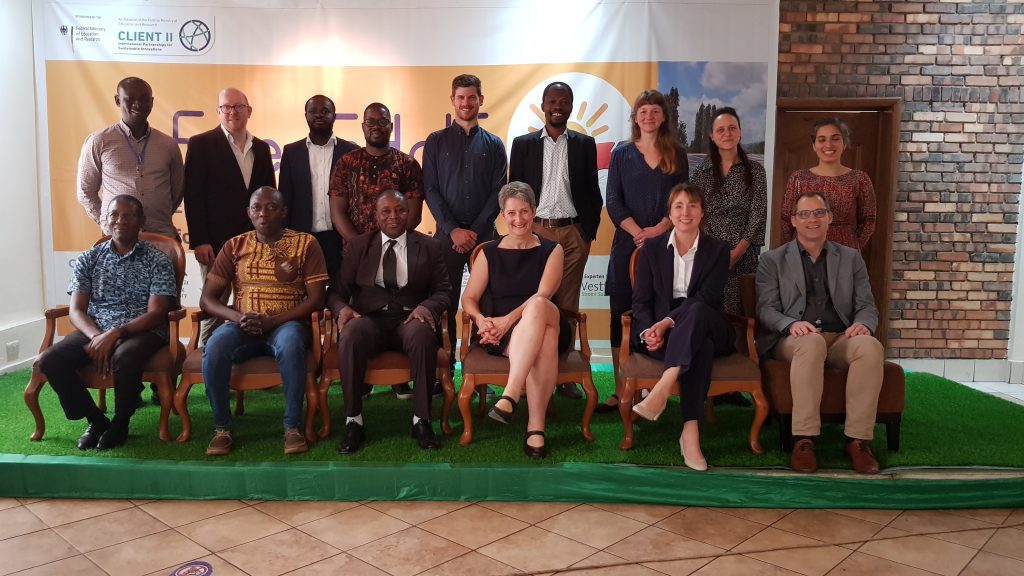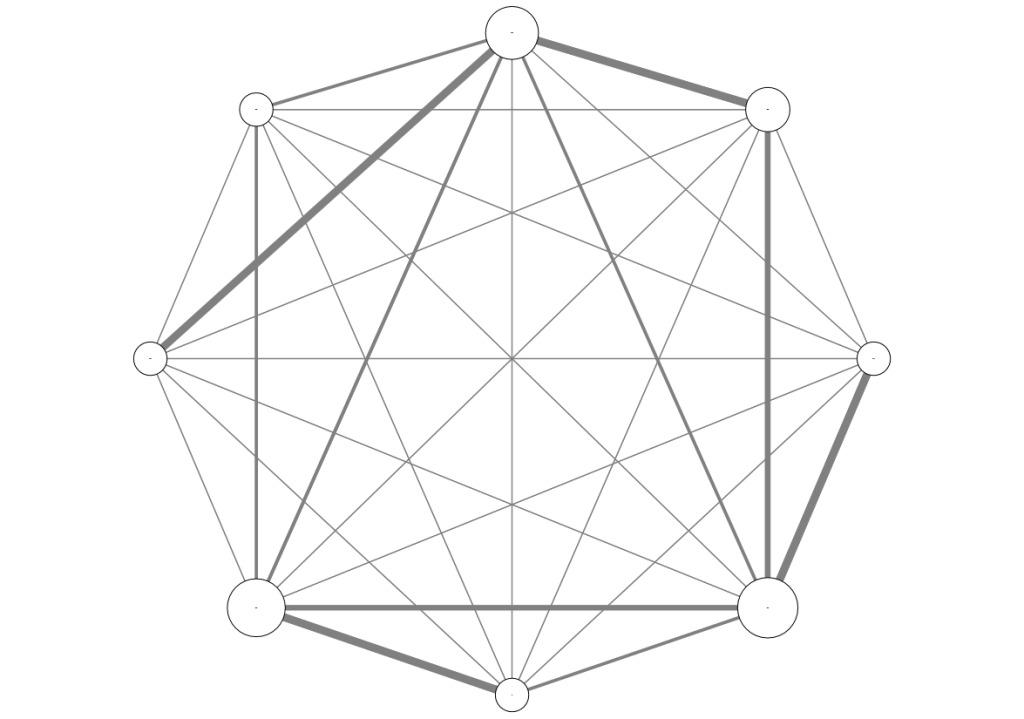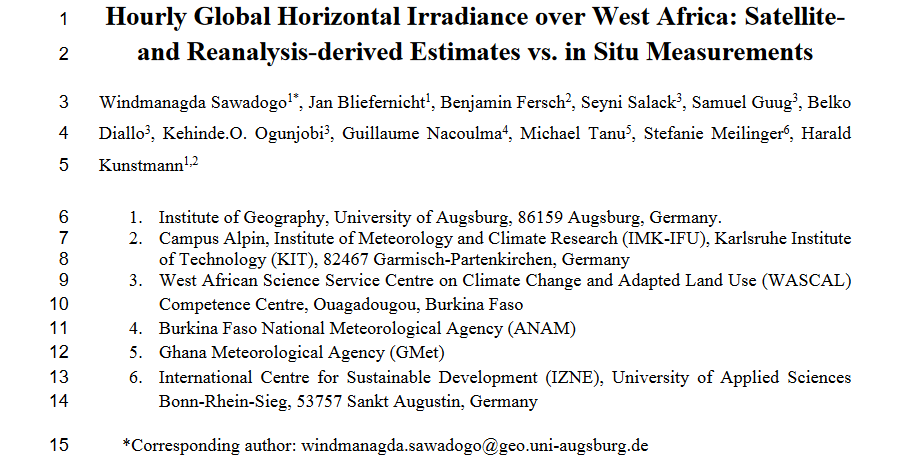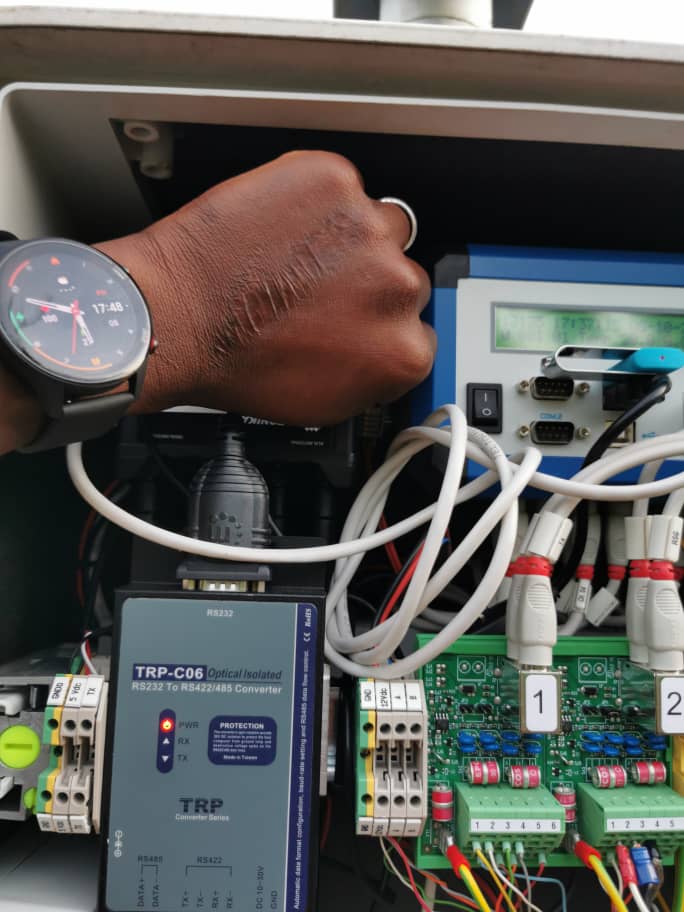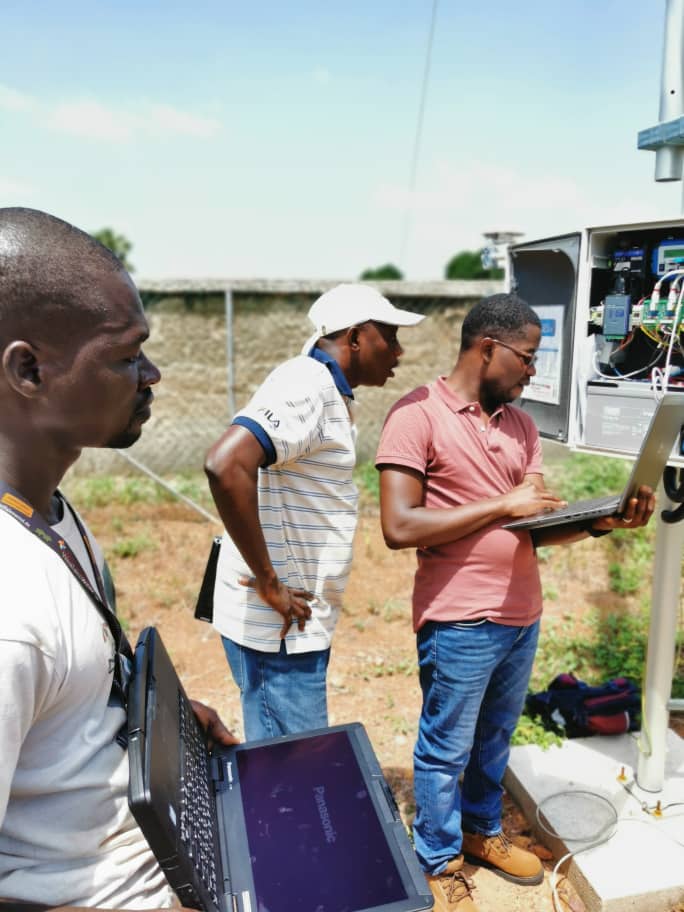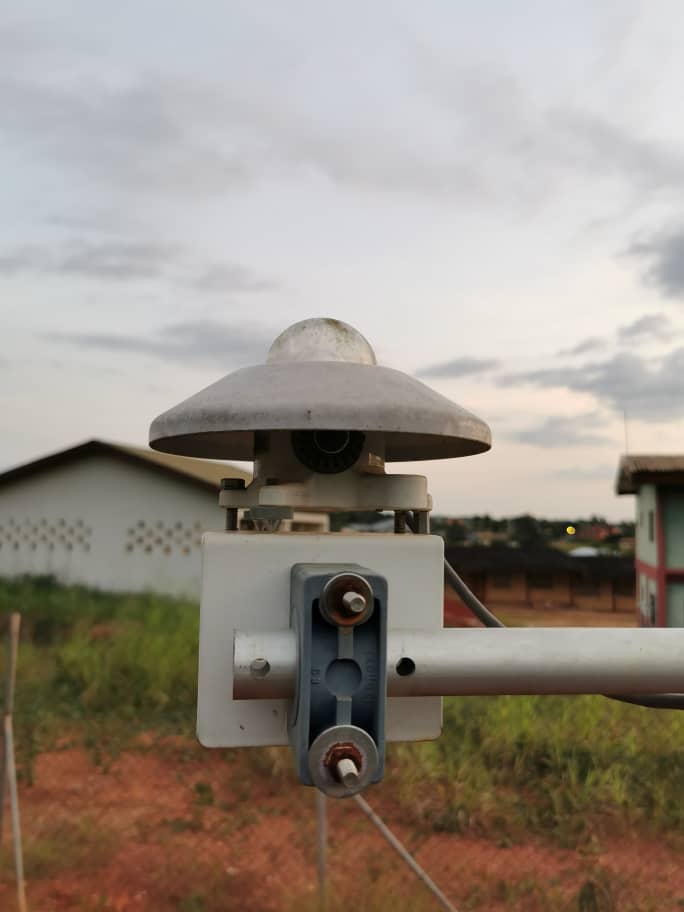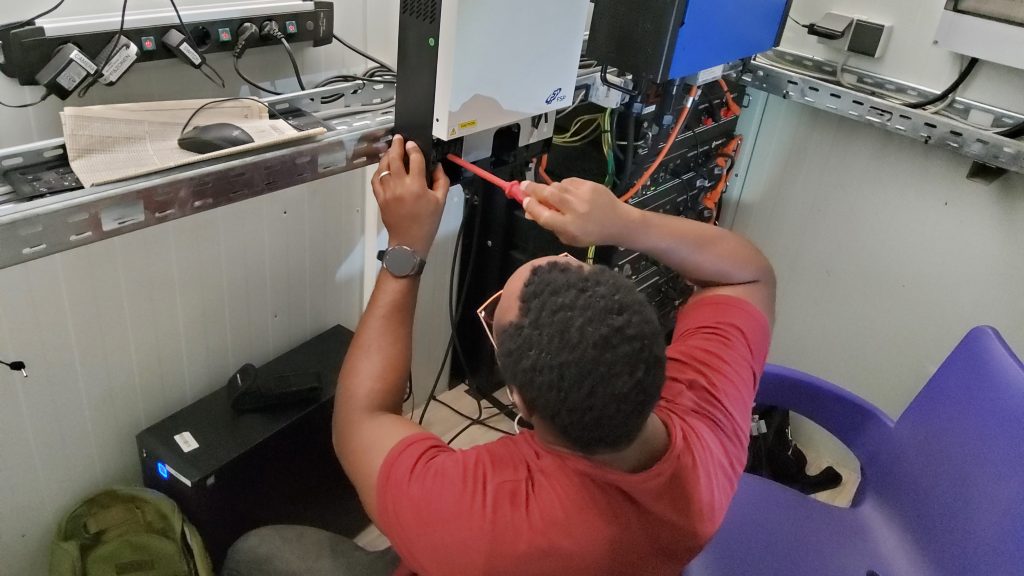In the first week of March 2023, the project team met in Ghana for the closing workshop and visited the field sites. At the end of this month, the EnerSHelF project will end after four years of cutting-edge interdisciplinary research on improving and disseminating marketable PV-based energy solutions for health facilities in Ghana. The closing event was successful in disseminating the research results to relevant stakeholders.
The workshop started with presentations by the principal investigators of EnerSHelF – giving a short introduction to the project and welcoming the participants from academia, media, governmental agencies, industry, sectoral associations, health facilities, and international donors. It was followed by two parallel sessions and a moderated panel discussion with representatives of the project, the Ministry of Health, and the Ghana Health Service.
During the parallel sessions, the different work packages presented their research findings. One session aimed at technical considerations while the other targeted strategic considerations. A comprehensive report on the closing event will be published later on this website. You can also have a look at our policy briefs to learn more about project results.
